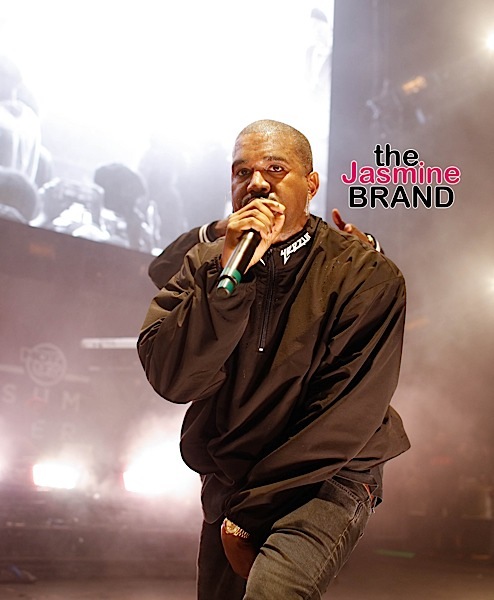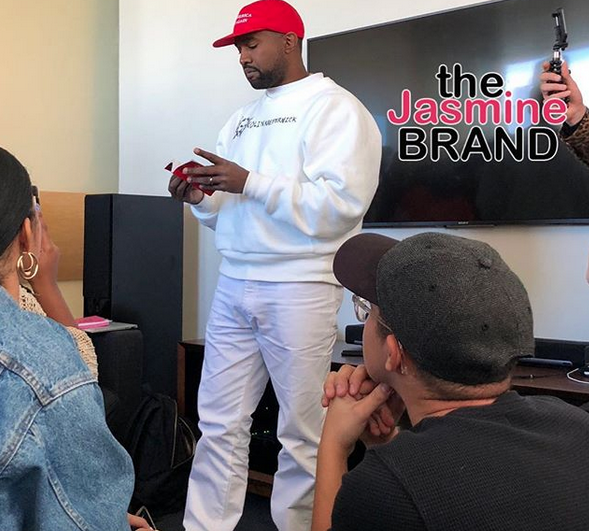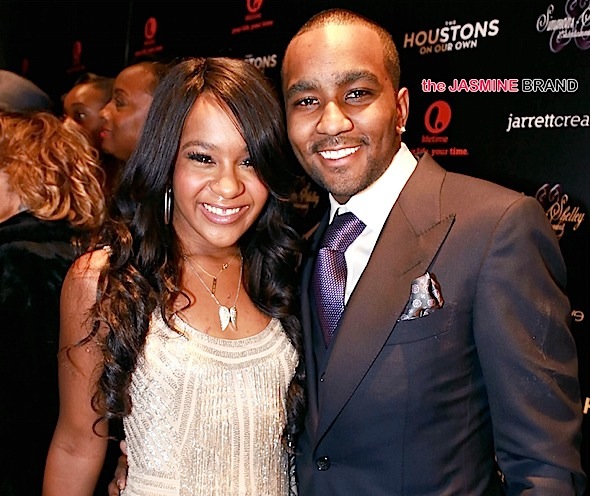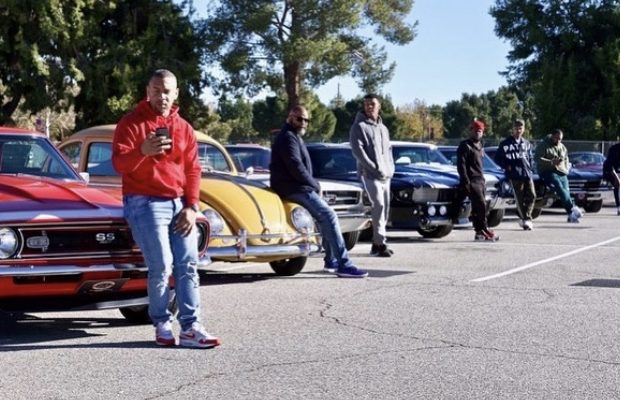Kanye Isn’t Allowed To Retire According To Contract

Kanye West
Kanye Isn’t Allowed To Retire According To Contract
Iconic rapper/producer/designer Kanye West is well-known for voicing his opinion when he feels he’s been wronged and fighting for his artistic freedom. Now, he is going head-to-head with music publisher EMI, as the company has a contract barring West from ever retiring.
If you’ve ever listened to Kanye West’s music or seen him in numerous interviews, then you’re likely very familiar with his stance on how the music industry tries to make artists virtual slaves to them—forever. West has been attempting to completely get out of traditional record and publishing deals, with the most restrictive being his contract with EMI, according to reports.
EMI’s contract in layman’s terms, basically prevents West from ever retiring from music whether he wants to or not:
“You (Mr. West) hereby represent and warrant that to [EMI] that You will, throughout the Term as extended by this Modification, remain actively involved in writing, recording and producing Compositions and Major Label Albums, as Your principle occupation. At no time during the Term will you seek to retire as a songwriter, recording artist or producer or take any extended hiatus during which you are not actively pursuing Your musical career in the same basic manner as You have pursued such career to date. (The preceding representation shall not be deemed to prevent You from taking a vacation of limited duration.)”
According to reports, when West initially filed the lawsuit against EMI in Los Angeles Superior Court, the complaint was almost entirely redacted, but now it’s been made public for all to see. EMI barring West’s inability from future retirement will likely be a factor as this lawsuit moves forward, as the judge will determine whether this is a dispute about West’s employment or about his intellectual property.
West seeks to “obtain his freedom” from publishing and record contracts, and as the basis for doing so, he cites California Labor Code section 2855, which limits personal service contracts to no more than seven years.
West’s complaint through his attorneys reads:
“It makes no difference under section 2855 whether the contract is otherwise fair, or whether the employer has fulfilled its end of the bargain. It matters only whether the services began more than seven years ago. There can be no dispute that this happened here. The seven-year period ended under this contract on October 1, 2010. For more than eight years thereafter — more than double the maximum seven-year period California law allows — EMI has enforced rights in violation of California law, depriving Mr. West of the ‘breathing period’ that California law mandates.”
West is sending a clear message to EMI that he is not backing down and merely accepting the terms of the contract that would have him working for them forever.
His lawsuit also states that he wants the ability to branch to sign new deals:
“The hip-hop star is not only seeking the ability to sign new deals with other record labels and music publishers, but West’s lawsuit also alleges that EMI has been unjustly enriched by millions of dollars. He seeks a declaration that EMI may not exploit the compositions West has already delivered to the company after October 2010. In other words, West wants the judge to declare him the owner of these works.”
EMI, may have anticipated that West wouldn’t be backing down from their terms, so they included a disclaimer in their complaint that states:
“For purposes of California law these deals don’t constitute contracts for any of [West’s] personal services.”
Additionally, the contract requires West to “deliver” his ownership interest in the songs he writes to EMI.
This is likely going to get pretty ugly between the two parties, as West is known to go above and beyond to protect his art. You can read the full details regarding the lawsuit here.
Do you think Kanye will win against EMI? Should permanent changes be made to how the music industry treats artists? Let us know in the comments.



 Previous Article
Previous Article Next Article
Next Article Angie Martinez Talks Finding Her Voice: There’s opportunity everywhere.
Angie Martinez Talks Finding Her Voice: There’s opportunity everywhere. ![Jhene Aiko Releases “B’s & H’s” [New Music]](https://thejasminebrand.com/wp-content/uploads/2015/09/ATA_2387-1-590x600.jpg) Jhene Aiko Releases “B’s & H’s” [New Music]
Jhene Aiko Releases “B’s & H’s” [New Music]  Bobbi Kristina Remains In Coma, Nick Gordon Withdraws Request for Temporary Restraining Order
Bobbi Kristina Remains In Coma, Nick Gordon Withdraws Request for Temporary Restraining Order  (EXCLUSIVE) Duane Martin Blamed For Woman’s Severe Injuries
(EXCLUSIVE) Duane Martin Blamed For Woman’s Severe Injuries  Kevin Hart Buys 9 Vintage Cars For Close Friends
Kevin Hart Buys 9 Vintage Cars For Close Friends ![Tamar Braxton Suffers Miscarriage [VIDEO]](https://thejasminebrand.com/wp-content/uploads/2017/03/Screen-Shot-2017-03-31-at-1.55.21-AM.png) Tamar Braxton Suffers Miscarriage [VIDEO]
Tamar Braxton Suffers Miscarriage [VIDEO] ![Promoter Slams Empire Star Bryshere ‘Yazz’ Gray: He’s a disrespectful, unprofessional jerk! [VIDEO]](https://thejasminebrand.com/wp-content/uploads/2015/04/Promoter-Slams-Empire-Bryshere-Yazz-Gray-the-jasmine-brand.jpg) Promoter Slams Empire Star Bryshere ‘Yazz’ Gray: He’s a disrespectful, unprofessional jerk! [VIDEO]
Promoter Slams Empire Star Bryshere ‘Yazz’ Gray: He’s a disrespectful, unprofessional jerk! [VIDEO]  ADIDAS Hints Dropping Teyana Taylor Because of Fight With Rihanna
ADIDAS Hints Dropping Teyana Taylor Because of Fight With Rihanna